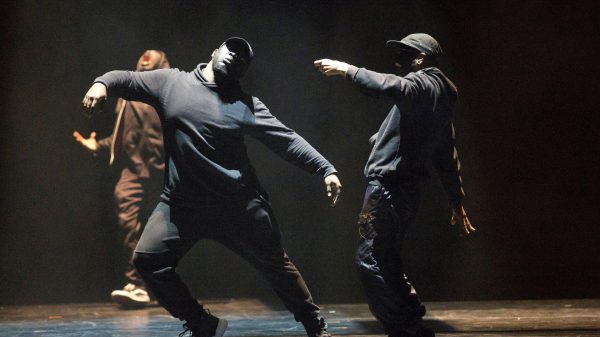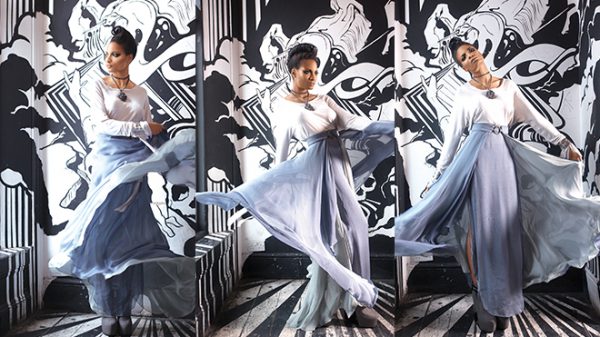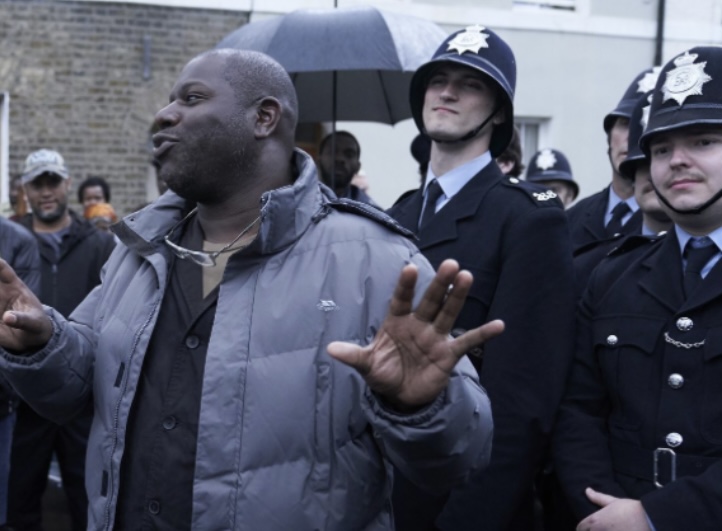Will Smith moved from the playgrounds of west Philadelphia to the posh neighbourhood of his lawyer uncle in the upwardly mobile Television sitcom The Fresh Prince of Bel-Air.
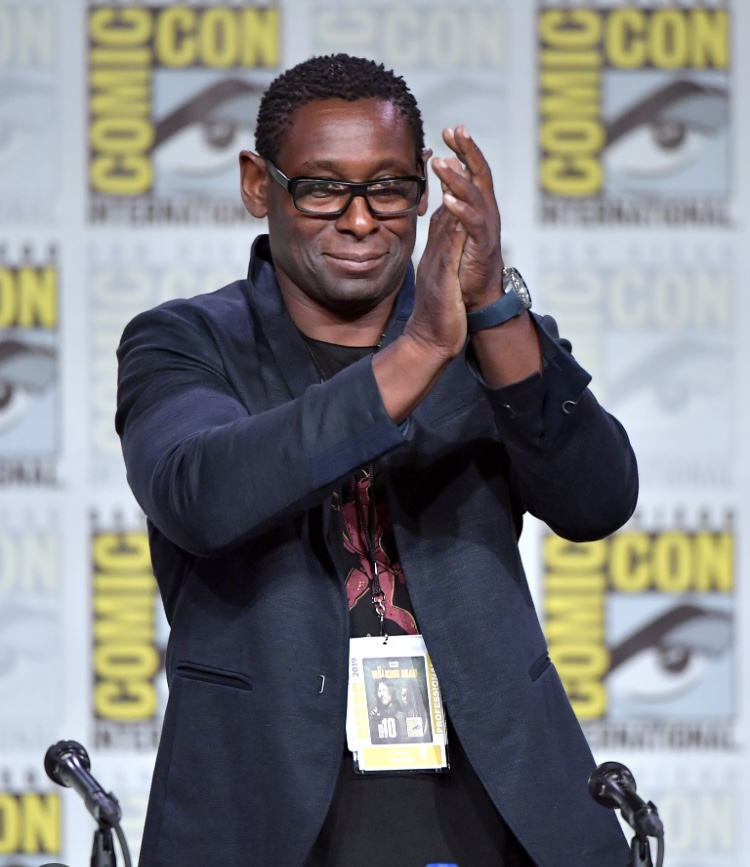 Now, 57-year-old David Harewood has demanded that British Media broadcast a comparable breadth of black experiences. Before the premiere of his two-part BBC2 documentary Get On Up: The Triumph of Black America, Harewood spoke to Radio Times and questioned whether the “whole spectrum” of black British stories appear on TV given the network of commissioning executives, which is largely made up of white people. He singled out Steve McQueen’s 2020 BBC anthology series Little Axe as the first time that Black British culture from the 1960s and 1970s has been portrayed by a Black creator for a major network.
Now, 57-year-old David Harewood has demanded that British Media broadcast a comparable breadth of black experiences. Before the premiere of his two-part BBC2 documentary Get On Up: The Triumph of Black America, Harewood spoke to Radio Times and questioned whether the “whole spectrum” of black British stories appear on TV given the network of commissioning executives, which is largely made up of white people. He singled out Steve McQueen’s 2020 BBC anthology series Little Axe as the first time that Black British culture from the 1960s and 1970s has been portrayed by a Black creator for a major network.
“Things are beginning to change here and although the majority of those with the power to greenlight projects are still white, black stories are starting to be told in the UK and there’s less of a reluctance to see black characters on our screens,” the Homeland star said.
“Whether or not we’re seeing the full spectrum of the black British experience is, however, another question.” He cited The Fresh Prince of Bel-Air as a show that offered a window into a world of wealth which showed the conflicts between the urban and aspirational black American experience. “We are perhaps still a way off from bringing such stories to the wider British population,” he added.
Get On Up by Harewood will examine the influence of Black Americans in literature, film, and entertainment, including Smokey Robinson, Sidney Poitier, and Bond girl Gloria Hendry. His stated goal was to demonstrate the diversity of African-American culture. He claimed that “black creativity, which has long struggled to escape the confines that people have placed it in, is now viewed as worldwide.” “I hope we can keep moving forward in making black culture mainstream and unpigeonholed.”
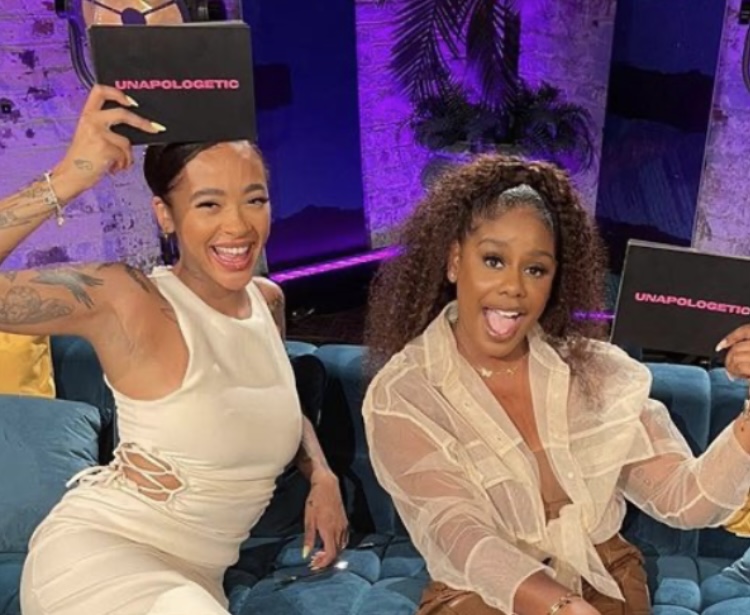
The creator of Unapologetic, a Channel 4 programme devoted to discussing black issues, Pat Younge, a former senior BBC executive, concurred that the UK is behind. Although there are more black characters in books, he noted that there aren’t many more stories being produced from a black perspective.
He emphasised that a sequence in the Netflix courtroom drama How to Get Away with Murder in which lead actress Viola Davis removed her hairpiece was chosen by US showrunner Shonda Rhimes as a true piece of authenticity that would only be featured by a black creator. The calls for more aspirational representations of black people were echoed by the director Luti Fagbenle, who produced a documentary series about an affluent group of West Africans for Channel 4 in 2021. He claimed that “sometimes well-intentioned white commissioners approve projects that conform to the pre-existing caricature of what they believe the black experience to be.” “That is why projects that depict life in a council estate or the sale of narcotics are so eagerly sought after.”
Dhanny Joshi of Big Deal Productions, who created the BBC sitcom Dreaming Whilst Black starring Adjani Salmon, claimed that black stories are frequently disregarded as being too specialised.
There is little possibility to take chances on black and other true tales since there are so few slots and so much pressure on commissioners to produce the next great ratings success, he claimed.






